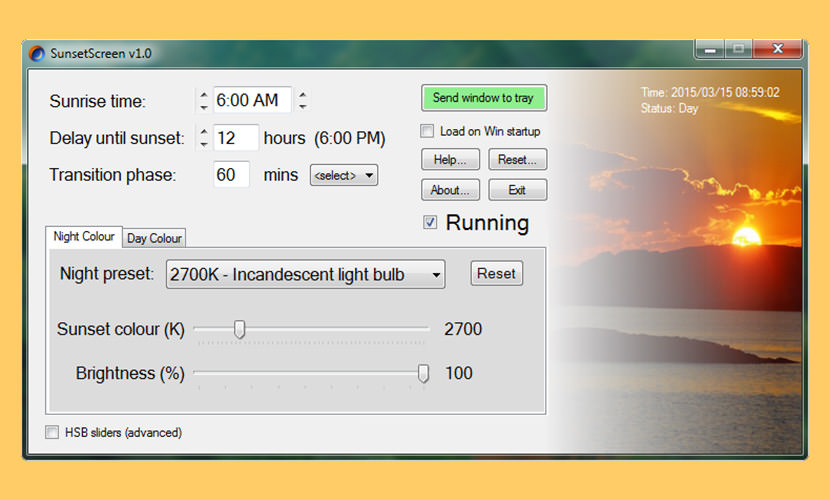

There are obviously a lot of different elements involved and there is no point into splitting hairs and going into technical details. The bottom line is that LCD screens have far less flicker that CRT screens, and you can also reduce flicker by raising the refresh rate on your monitor. The flicker on an LCD with a refresh rate of 60-75hrz should be invisible to the human eye and most likely won't bother anyone's brain. There are several mechanisms that cause flicker, but the top two that matter is the pulsing of the phosphors in a CRT monitor and the refresh rate. DVI ports are compatible with Progressive-Scan technology that has less flicker than interlaced technology, which is what old-fashion connections use. The difference in flicker is small, and I doubt it will make any difference for people with flicker sensitivity. DVI monitors now support flicker rates above 60hz. Perhaps they didn't when they first came out. See this site on people affected by LCD monitors and flicker:Īs for the idea that a DVI connection has less flicker, thats not a straight forward explanation either.

With more and more cheap LCDs hitting the market daily, this is a subject ripe for research. Please look into this yourself if you suffer from headaches, dizziness, etc. This information is from my own research. So comparing the response/refresh rate of DVI/VGA is like comparing apples to oranges: CRT REFRESH RATE relates to the imaging and the light source, while LCD REFRESH RATE relates ONLY to the imaging. But as I noted above, it is not likely the imaging refresh rate on LCD which causes flicker given the nature of the technology. (3) DVI does NOT have a better response time than VGA. Some people are badly affected by such fluorescent light. *****FLUORESCENT LIGHT IS NOT ALWAYS ON.***** Some fluorescent light can flicker based on some multiple of the frequency of the electric current. It is the BACKLIGHT, typically fluorescent backlight, which is causing the flicker. The standard 60hz refresh rate on LCD's has nothing to do with the visible flicker because the crystals hold their state once set. This is a LIGHT FILTER and affects the imaging only, NOT the light source or "flicker". (2) When a video signal refreshes an LCD, tiny liquid crystal molecules in the flat panel line up to allow varying levels of light to pass through.

Generally, higher is better in reducing flicker (you should see numbers like 85hz and above). Different refresh rates may be better/worse for different people. Thus, the image refresh rate on CRTs directly affects the imaging AND the visible flicker of light on the screen (because the image IS the light source). Therefore, whenever the computer "refreshes" the video signal with a new picture, the phosphor will change state and glow. To simplify, phosphors glow when a picture signal is sent to them. (1) CRT monitors provide light from glowing phosphors. This may not be 100% accurate, and more research is needed, but this makes sense to me: Here is some information if you suffer from headaches or dizziness from monitors, INCLUDING LCD monitors. FLICKER and REFRESH in monitors are two DIFFERENT things which may have ta similra source. Some people recommend LCD monitors for their reduction in the FLICKER. They cost a bit more money than analog LCD but the picture is much nicer than analog. If the flicker rate bothers you, the digital moniter is the way to go. The digital LCD monitors don't have a refresh rate, but you need a graphics card that supports digital through DIV or hdmi. If the refresh rate is your problem I would go digital!!! Make sure the room is well lit and take breaks. Lower the contrast and brightness levels.lowering the levels will probably give you a couple of more hours of computer time :) It did for me! Get an LCD moniter because the screen isn't made of glass and that alone cuts the glare factor down.
#Laptop screen filter app tv#
I have a pair of light blue tinted poloroid glasses that I use for computer and tv and will be getting the clear glasses soon. Now they make clear lenses that change with the light. The glasses a are also great for tv and night driving(esp in the rain). The glasses not only cuts the glare, but you can carry them around and not rely on others to have the filters.

A pair of poloroid glasses would be more useful than a screen filter.


 0 kommentar(er)
0 kommentar(er)
